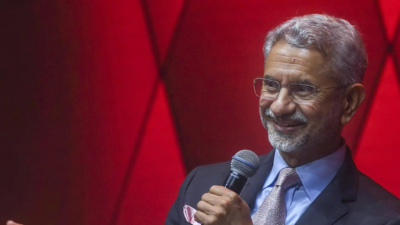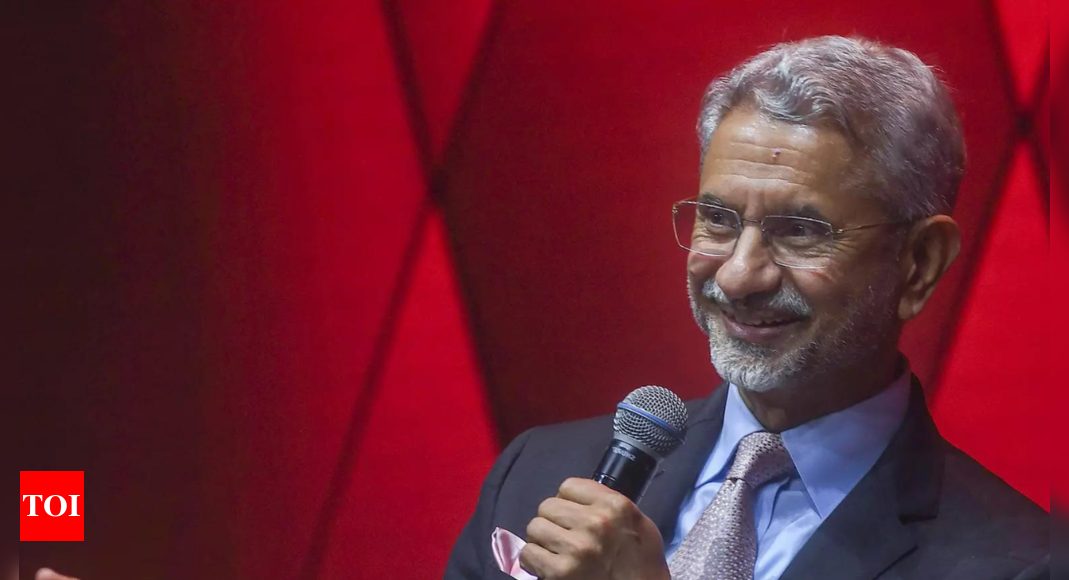
New Delhi: Foreign Minister S Jaishankar used one on thursday cricket analogy To describe the development of India foreign policyHe also described the changing nature of India-Pakistan’s policies towards each other as well as the progression from a defensive policy of the former to a more proactive one of the latter.
Speaking at the release of former Indian cricketer Mohinder Amarnath’s memoir ‘Fearless’, Jaishankar said, “You said you played him better because from the traditional side-on position, you have now moved to an open-chested position. I Could not find a better description of Pakistan policy at that time.”
“From traditional to open-chested stance…” External Affairs Minister Jaishankar’s cricket analogy draws applause
Highlighting several key lessons from the book related to the country’s foreign policy, Jaishankar said, “The first thing is that the world is extremely competitive, but respect is earned. So the same Clive Lloyd in 1976, who wrote to any of you Wasn’t spared either.” There was also the body line bowling, fielding captain who was generous enough to declare that pitch unfit in 1983. And that was, in many ways, an earned respect.”
“I think no one has any doubt that 1983 was the inflection point. It was not just the inflection point, but the man of the match of the inflection point. Pakistan won it by a point and Sri Lanka won it by a point. But nowhere else was it as big a turning point in the history of cricket, because, if you look at India’s role in world cricket after 1983, it changed fundamentally.’
Mohinder Amarnath played for the Indian national team from 1969 to 1989 and scored 4,378 Test runs, with nine of his eleven centuries coming overseas.
He was named man of the match in both the semi-finals and final of India’s 1983 World Cup win. In recognition of his contributions, he was named one of the Wisden Cricketers of the Year in 1984 and also received the prestigious Arjuna Award in the same year.
